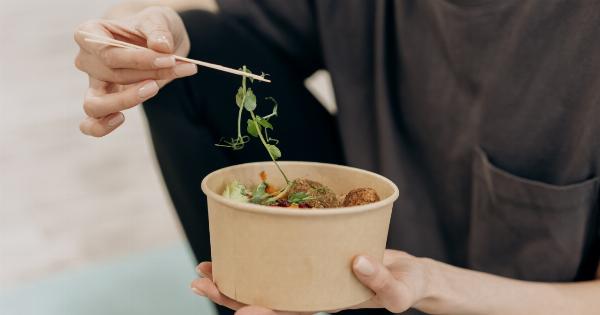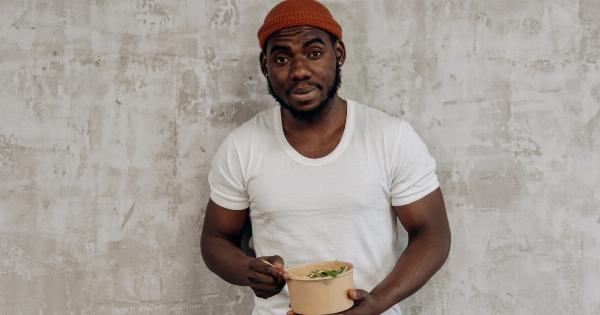Eating a balanced and nutritious diet during pregnancy is essential for the health of both the mother and the developing baby. Pregnancy is a time when the body needs extra nutrients to support the growing fetus and provide nourishment for the mother.
While it is true that cravings and aversions may make it difficult to stick to a healthy diet, making an effort to incorporate the right foods into your meals can help ensure a healthy pregnancy.
Fruits and Vegetables
Fruits and vegetables are an important source of vitamins, minerals, and fiber. They should be included in every meal as they are beneficial for both the mother and the developing baby.
Leafy green vegetables such as spinach, kale, and broccoli are excellent sources of folate and iron. Folate is essential for the development of the neural tube, which is the basis for the baby’s brain and spinal cord.
Oranges, sweet potatoes, and carrots are rich in beta-carotene, which is important for the development of the baby’s eyes, skin, and immune system. Berries are high in antioxidants, which can help protect the mother and baby from cell damage.
They also provide a good source of vitamin C, which is important for the immune system and the production of collagen, a protein that supports skin elasticity.
Protein
Protein is essential for building and repairing tissues in both the mother and the growing fetus. It also plays a key role in the production of hormones and enzymes. Some good sources of protein include lean meats, fish, eggs, and legumes.
Fish such as salmon and trout are high in omega-3 fatty acids, which are important for the development of the baby’s brain and nervous system.
Legumes such as lentils, chickpeas, and beans are high in protein and fiber. They are also a good source of iron, which is important for the production of red blood cells.
Eggs are a nutritious source of protein and contain choline, which is important for brain development.
Dairy
Dairy products are an important source of calcium, which is necessary for the developing baby’s bones and teeth. Calcium also helps regulate the mother’s blood pressure and muscle function. Some good sources of calcium include milk, cheese, and yogurt.
Greek yogurt is a good choice as it contains more protein than regular yogurt. If you are lactose intolerant, consider other sources of calcium such as fortified plant-based milks and other calcium-rich foods.
Whole Grains
Whole grains are an important source of fiber, vitamins, and minerals. They can also help regulate blood sugar levels and digestion. Some good sources of whole grains include brown rice, quinoa, oatmeal, and whole-wheat bread.
These foods can be incorporated into meals as a side dish or used as the main ingredient in a recipe.
Healthy Fats
Healthy fats such as omega-3 fatty acids and monounsaturated fats can help support the development of the baby’s brain and nervous system. Some good sources of healthy fats include fatty fish, avocados, nuts, and seeds.
Olive oil and avocado oil can be used in cooking and as salad dressings.
Hydration
Staying hydrated is important during pregnancy as it can help prevent constipation, reduce swelling, and maintain the balance of fluids in the body. Pregnant women should aim to drink at least 8-10 glasses of water per day.
Herbal tea, coconut water, and milk can also provide hydration.
Foods to Avoid
During pregnancy, it is important to avoid certain foods that can pose a risk to the developing baby. Raw or undercooked meats and eggs, unpasteurized dairy products, raw sprouts, and fish high in mercury should be avoided.
It is also important to limit caffeine intake during pregnancy.
Conclusion
A healthy and balanced diet during pregnancy is essential for the health of both the mother and baby.
Incorporating a variety of fruits and vegetables, protein, dairy, whole grains, and healthy fats into meals can help provide the body with the nutrients it needs. Avoiding certain foods that can pose a risk to the developing baby is also important.


























